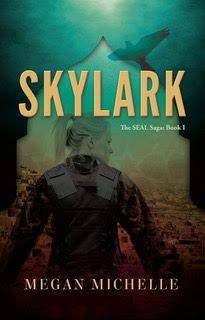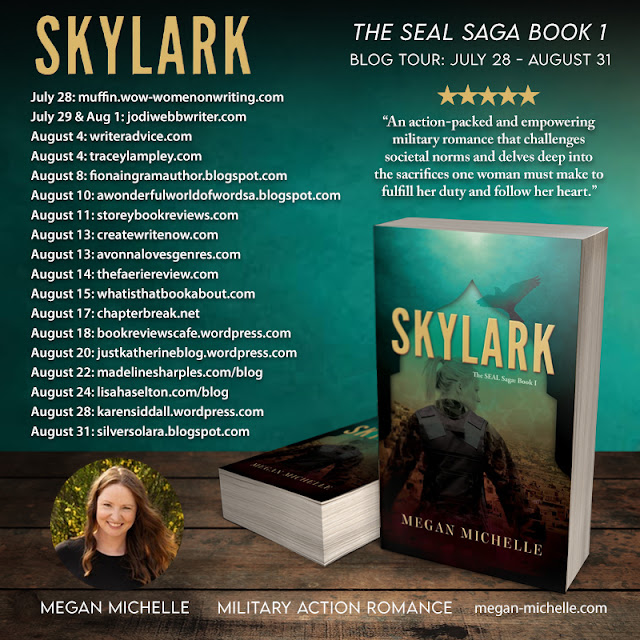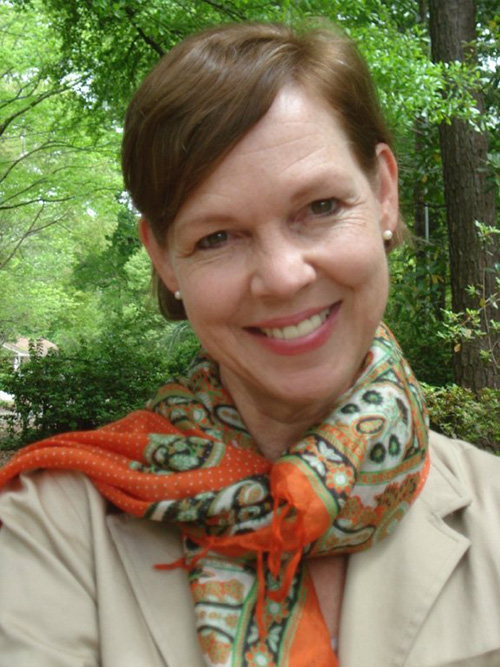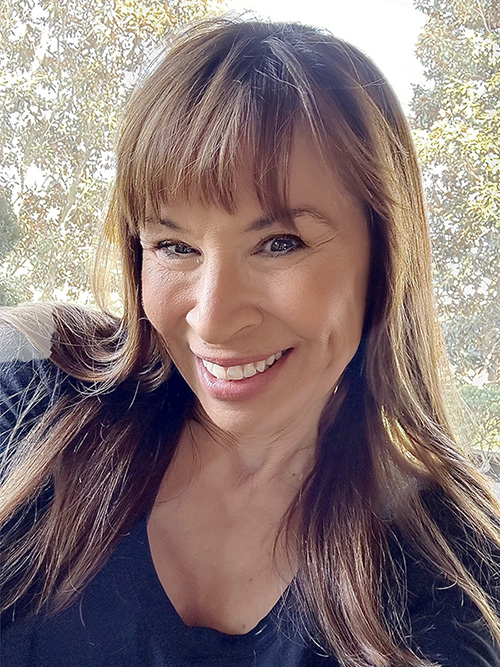I'm excited to interview Susan Kammeraad-Campbell, one of our runner-up winners in our Winter 2025 Flash Fiction contest. Before reading our interview, be sure to check out her story, "
Louboutins." Then, return here to read our conversation.
Here's a bit more about Susan Kammeraad-Campbell:
Susan Kammeraad-Campbell is an award-winning author, editor, publisher and literary mentor who has spent four decades helping writers tap into the deepest reserves of their creativity. As publisher and editor in chief of
Joggling Board Press, she has curated and championed books that celebrate the spirit of the South – titles that have earned nearly 100 national awards and wide acclaim.
Her path from newspaper reporter to nationally recognized publisher has been anything but traditional, shaped by a rare fusion of creative writing, neuroscience, and a deep belief in the power of story to connect, heal and reveal. Susan’s innovative teaching methods – shaped in part by her work as a medical journalist exploring how memory and creativity are sparked in the brain – bypass conventional writing formulas to help writers access the raw, resonant truths that live beneath the surface.
A dedicated mentor, she has guided more than 40 interns and apprentices and taught hundreds through workshops, retreats and master classes designed to cultivate original voices. Beyond publishing, Susan has contributed to national efforts in
community resilience, serving as a researcher, analyst and core writer for federal initiatives focused on long-term disaster recovery. Her book
Doc: The Story of Dennis Littky and His Fight for a Better School was adapted into an
NBC movie, and her collaborative nonfiction
Edisto River: Black Water Crown Jewel won seven national awards including
Foreword Review’s Best Non-fiction Book of the Year. Her short story,
Lead Soldier, was a 2023 Tennessee Williams & New Orleans Literary Festival finalist.
Named one of South Carolina’s
Top 50 Women Leaders in 2022 for her contributions to publishing, education and civic leadership, Susan lives in Summerville, S.C.
--- Interview by Nicole Pyles
WOW: First off, I loved your story, Louboutins. You have a way of bringing the story to life, and I especially loved how you used sound. What inspired this story?
Susan: One of the methods I use in my creative writing workshops involves visual prompts that challenge participants to respond using all five senses. I never assign a prompt I won’t do myself—so this story was born from a piece of visual art.
Here it is!
WOW: That's beautiful! And I really appreciate you do your own prompts too. Your character came across so brave and so daring in this story, right from the start. How did she come to life in your mind before she was written?
Susan: She came to life as I was writing. In the painting that sparked the piece, a woman is seated at a desk wearing sensible shoes. This made me think of a dear friend who does the opposite. She was visiting recently. When I picked her up from her hotel, she appeared wearing dazzling heels that made her tower like a skyscraper. I had never seen shoes like that—had never even heard of Louboutins. Despite having suffered permanent impairment to one of her feet when she was hit by a truck in a traffic accident, she put on those shoes like a proclamation and walked in them that day until she could not. I would later learn that the grueling and protracted divorce from her lawyer husband had devastated her finances, such that she was selling anything of value, including the Louboutins.
That friend—her complexities, her contradictions, her courage—became the seed for the character.
WOW: Great visuals! What is your preferred writing process: are you a pantser, plotter, or a mix of both? And why?
Susan: Oh, I am at my core a pantser! It’s why I write—to experience the sheer joy of discovery. I never cease to be amazed by what emerges when I tap the wellspring of creativity.
I become a plotter after the flurry, once I’ve laid down enough raw material to shape it into a narrative with structure and pacing. That’s when writing begins to feel more like sculpting. And I do love to sculpt. But the timing has to be right—the discovery always comes first.
WOW: That's a great balance. I love that you are a publisher as well as a writer! What have you learned in your career that you have applied to your writing life?
That could be a long answer. A very long answer. But here’s the short version:
I love making books—concepting, art directing, elevating new voices, editing experienced ones, creating work designed to last. The business side of publishing? Not so much. But the mentoring? That’s when the magic happens. For me, teaching and mentoring are among the highest forms of engagement. When I help others break through their resistance—whether it’s fear of the blank page or a lack of experience in the literary arts—I’m discovering too. It’s a mutuality loop. The joy I give returns in kind, and I leave every encounter enlivened.
What I’ve learned across the diverse career paths I’ve followed—publishing, reportage, medical journalism, community resilience, housing, strategic planning, teaching—is this: every single one of those opportunities came about because of my writing skills, directly or indirectly. That’s the throughline. Writing well means thinking well. And thinking well opens doors to everything else.
WOW: I agree! I find it fascinating that you also have a science background. How does your knowledge of neuroscience appear in your stories, whether intentional or otherwise?
Susan: Ah, neuroscience. If I hadn’t made my way as a writer, I would have become a neuroscientist exploring how the brain works. Creativity often happens when we take well-traveled synaptic pathways—those rooted in knowledge and experience—and purposefully detour into less-traveled terrain. I design exercises to make that happen. For example, I might ask you to close your eyes and imagine a color. Then name it. Then describe its sound. Its taste. Its texture. You don’t have honed reference points for that—so you reach inward, into memory and imagination. That’s when the original, meaningful stuff emerges. That’s where story lives.
WOW: Great prompt. What is your editing process like?
Susan: Language, structure, punctuation, syntax, pacing—these are powerful tools when used intentionally.
When I teach editing, I break it into levels: developmental, line editing, proofreading. But I always push for understanding. For example, it’s not enough to say, “This comma feels right.” I ask my writers and interns to name the rule. The more you know about why something works, the more precise and powerful your writing becomes.
WOW: I love that approach. How do you know when a story is done?
Susan: If you’re in “plotter” mode, you’ll test it, prod it, question it: Is this a memoir or an essay? A novel or a drabble? Do I have the bandwidth to grow it long, or should I let it live small?
But when you’re in the zone and the story feels like it’s writing itself—it will tell you when it’s done.
WOW: Oh what fantastic insight! How did you come about the WOW contests and why did you decide to enter your story?
Susan: I discovered WOW! while searching for ways to help aspiring writers find outlets and community for their work. It felt like a good place to land—and it is!
WOW: I agree! You have impressive successes under your belt! What words of wisdom or encouragement do you have for other writers who have similar goals or dreams?
Good writers are good thinkers. The more you sharpen your skills as a writer—especially your ability to see from multiple points of view—the more deeply you understand the world.
WOW: I love that. What are you working on that you can tell us about?
For the first time in my long career, I’m focusing wholly on teaching and my own writing. I’ve fallen in love with short-form fiction and am reveling in its precision and punch.
Meanwhile, a novel titled It Snowed in Hollywood has been waiting in the wings for 27 years. I wrote it in a creative heat but set it aside when life and work took over. That novel chose me. And now, at long last, it’s time.
WOW: I can't wait to see it come out in print! Thank you so much for your time and writing such wonderful stories.





.jpg)
.jpg)

















